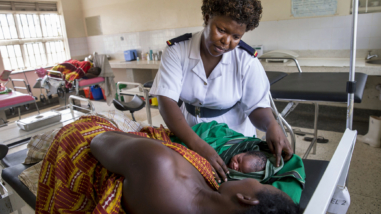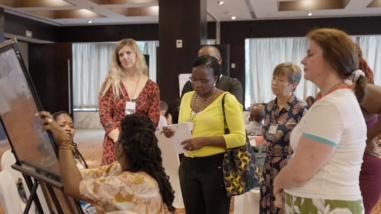Innovations for Poverty Action
For The Budget Transparency Initiative Project In Uganda
-
Amount$300,000
-
Program
-
Date Awarded9/25/2015
-
Term15 Months
-
Type of SupportProject
Strategies
About the Grantee
Grantee Website
www.poverty-action.org


